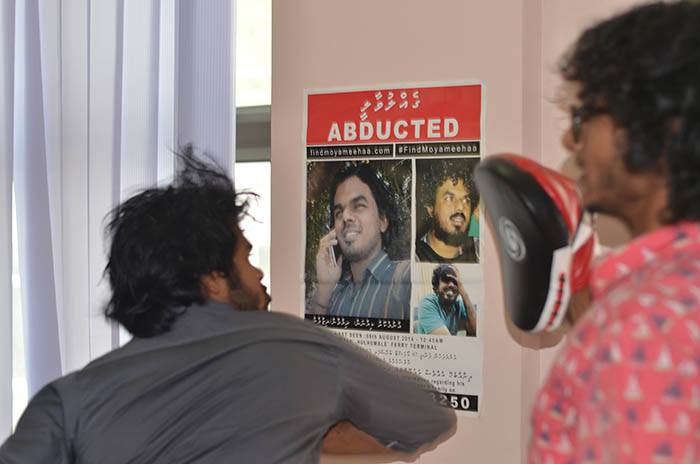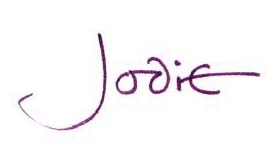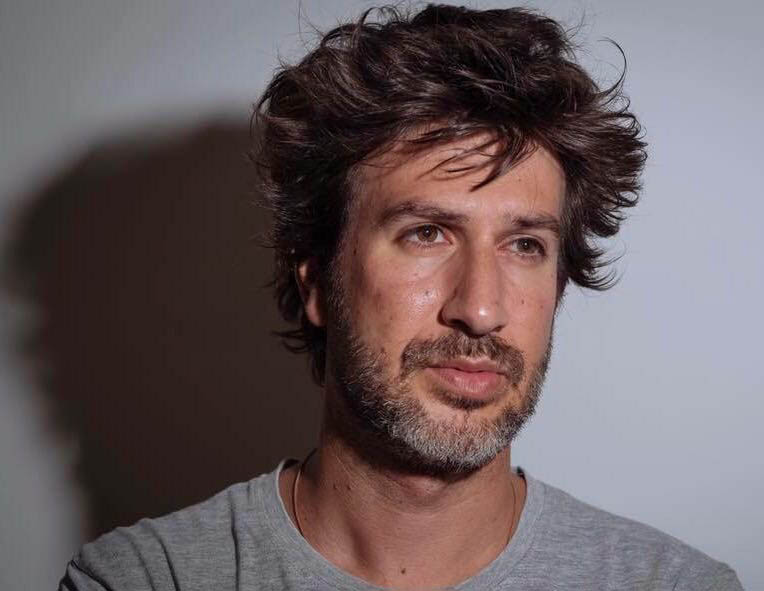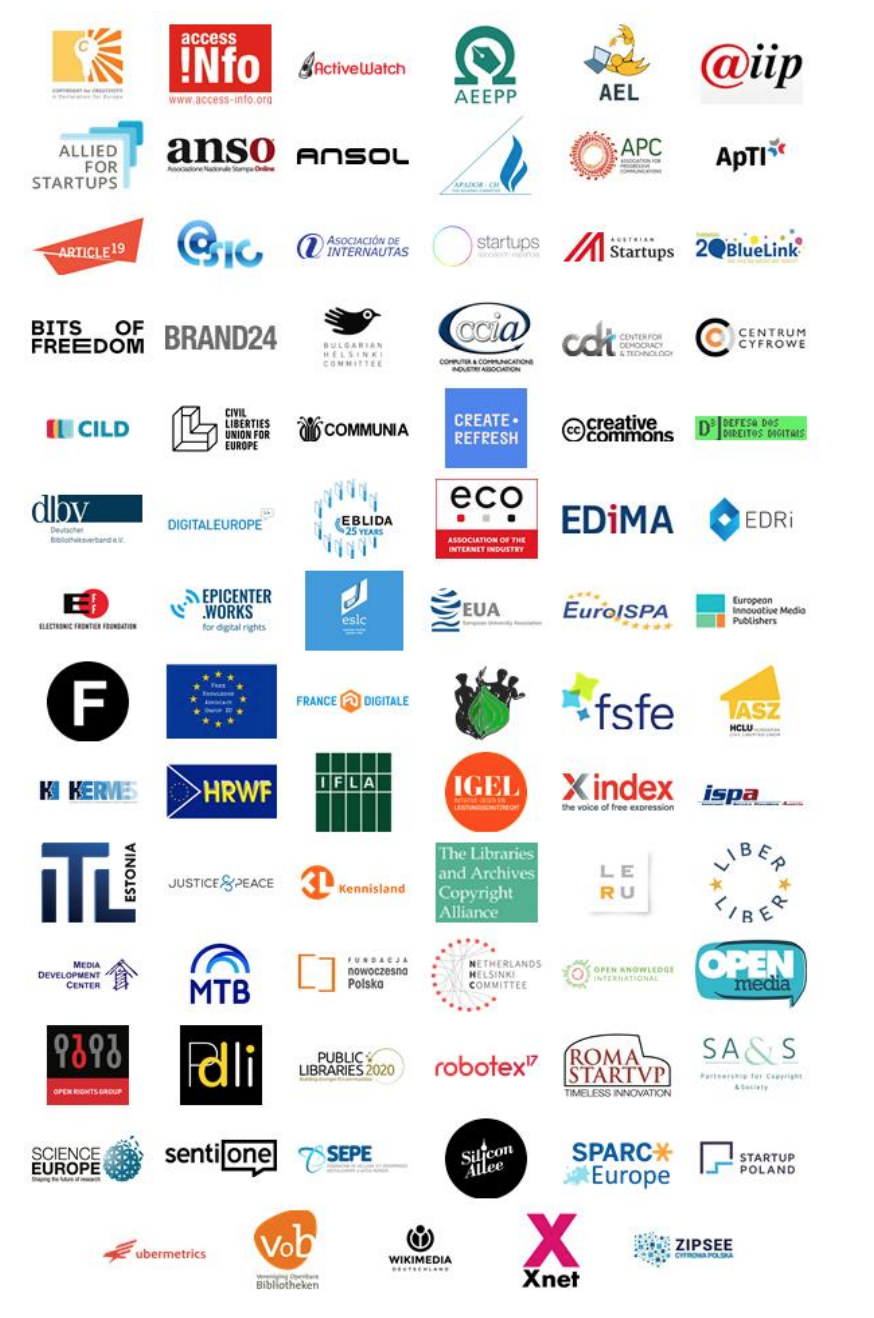30 Nov 2017 | Asia and Pacific, Campaigns -- Featured, Maldives

Staff at the Maldives Independent taking part in self-defence training.
“This award feels like a lifeline. Most of our challenges remain the same, but this recognition and the fellowship has renewed and strengthened our resolve to continue reporting, especially on the bleakest of days. Most importantly, we no longer feel so alone.”
– Zaheena Rasheed, former editor Maldives Independent, 2017 Journalism Fellow
Silence is the oppressor’s friend. Harassing those who speak out against corruption and injustice – like this year’s Freedom of Expression Awards Fellows Maldives Independent – is the favoured tool of those who seek to crush dissent. We cannot let the bullies win.
With your help, each year we are able to support writers, journalists and artists at the free speech front line – wherever they are in the world – through Index Fellowships. These remarkable individuals risk their freedom, their families and even their lives to speak out against injustice, censorship and threats to free expression.
I am writing now to ask you to support the Index Fellows. Your donation provides the support and recognition these outstanding individuals need to ensure their voices are heard despite the restrictions under which they are forced to live and work.
Your support will help award winners like Maldives Independent, which has continued to provide independent and critical journalism despite continued government pressure, threats of closure and the tragic murder of prominent liberal blogger and close friend of the Maldives Independent Yameen Rasheed in April, just a few days after the Freedom of Expression Awards 2017.
In spite of these challenges, Index has worked closely with Maldives Independent to help them to get on a better footing financially, to secure their office and staff, and to help them continue to hold power to account and expose wrongdoing and corruption in the country.
Reflecting on Index’s help, ex-editor Zaheena Rasheed said: “Sometimes you don’t realise how working in the kind of environment that we are working in and facing the kind of personal and professional challenges and losses that it, it can take a toll, and I think for me it [Index’s help] has been really helpful because I realise in many ways that I do need some help.”
I hope you will consider showing your support for free speech and the Index Fellows. A gift of £500 would support professional psychological assistance for a fellow; a gift of £100 helps them travel to speak at more public events. A gift of £50 helps us to be available for them around the clock. You can make your donation online now.
Please give what you can in the fight against censorship in 2018. Make your voice heard so that others can do the same.
Thank you for your support.

Jodie Ginsberg, CEO
P.S. The 2018 Index on Censorship awards will be held in April. To find out more about the awards including previous winners, please visit: https://www.indexoncensorship.org/fellowship
Index on Censorship is an international charity that promotes and defends the right to free expression. We publish the work of censored writers, journalists and artists, and monitor, and campaign against, censorship worldwide.
30 Nov 2017 | Europe and Central Asia, Italy, Mapping Media Freedom, Media Freedom, media freedom featured, News and features
[vc_row][vc_column][vc_column_text]

Italian journalist Lorenzo Tondo
On 10 November, like many days over the last two years, reporter Lorenzo Tondo was sitting in a courtroom in Palermo. A correspondent for The Guardian, he has been following closely the trial of an Eritrean man accused by Italian investigators of being at the helm of an international people-smuggling ring. Tondo was among the first to point out, through painstaking investigative work, that, in reality, the person standing in the dock might be a refugee, a victim in a case of mistaken identity.
So, when prosecutors announced new evidence had been filed during the latest hearing, Tondo was eager to get his hands on it. He rushed down to the records office, obtained a copy and started flicking through the hundreds of pages.
He was halfway through the documents when something odd caught his attention. His own name appeared: “Two conversations and a text between Haile Fishaye Tesfay and journalist Lorenzo Tondo, correspondent in Italy for the British newspaper The Gardian [sic] have been wiretapped,” the record states.
The investigators he had been covering for over a year, had listened to his private calls with a source and published the transcripts, in a violation of his professional rights.
“It was very hard to take in,” Tondo told Index on Censorship. “On one hand I suspected these sorts of things might be happening, knowing the environment in which I work. But I was shocked when I actually found out because I thought I had always acted in a transparent and responsible way.”
Tondo was particularly struck by how trivial the conversations published in the documents were. He was not commenting on or revealing information about any possible crime. Tesfay had been helping the reporter translate documents from Tigrinya, a language spoken in Eritrea, and they were now discussing his potential involvement in an upcoming documentary about the case. The transcript shows that, after Tesfay voiced his worries about being identified by people traffickers, Tondo assured his face would not be shown. This promise of anonymity was shattered by the investigators’ decision to release the wiretaps.
“They breached my rights,” Tondo said. “I abide by professional confidentiality and I need to defend my sources. I am not saying that journalist should be totally exempted from wiretapping if they are actually committing any crime. But if you realise the conversations are not relevant in the context of the investigation, I do not see any reason to publish them other than to discredit the person who, for over a year, has been pointing out your mistakes.”
Albeit disturbing, Tondo’s wiretapping is far from an isolated case of the Italian judiciary’s intrusion into the work of Italian reporters. Journalists have been secretly recorded on a number of recent occasions. Even more commonplace is the practice to serve media outlets or individual reporters with orders to hand over evidence and journalistic material. Just a few days after Tondo’s case emerged, officers from Guardia di Finanza, Italy’s financial police, raided the newsrooms of Il Sole 24 Ore and La Verita, two national dailies, and seized the digital archives of journalists Nicola Borzi and Francesco Bonazzi respectively. The two had just published articles, based on leaked information, detailing the links between Italy’s spying agencies and Banco Popolare di Vicenza, a bank currently in liquidation.
Although some newspapers have expressed concern and the journalists’ association denounced the violations, these episodes have largely gone unnoticed by mainstream public debate.
For Tondo, bugging a reporter or seizing their information has become so commonplace that it is not news anymore. “As wiretapping is such standard practice in Italian investigations, there are many precedents [of journalists being recorded]. So it is no longer that surprising. Italians have become dangerously inured to this, while abroad there is much more outrage.”
As Tondo pointed out, wiretapping forms an integral part of most investigations in Italy. In indictments, the bulk of the evidence is extremely likely to be drawn from secretly recorded conversations. Their wholesale use dates back to the bloody mafia wars of the early 1990s, when the Sicilian crime syndicate, Cosa Nostra, routinely killed prosecutors, judges and politicians, threatening the very foundations of the national democratic state.
In the fightback that followed, investigators have been granted wide-ranging powers. A strategy that has been successful in curbing the power of mafias, but which may have worrying side effects.
“There is a fundamental difference between the use of these tools and their abuse,” Tondo said. “In Italy many prosecutors are overusing them.”
In his case, Tondo argues that by publishing a transcript of his wiretapped conversations prosecutors might not only have violated his professional rights but also potentially broken a law.
Article 271 of the Italian criminal code forbids the use of wiretapped conversations of a range of professionals, including journalists, when they would reveal confidential information obtained because of their role.
“Even if there is no legal implication for myself, I believe it is my duty to defend my rights,” Tondo added. “This is a fair battle to fight because at stake is not only my work but, more importantly, that of many other reporters like us.”
After taking legal advice, Tondo is now evaluating the best course of action to protect himself from further intrusions. In the meantime, his work to lay bare what he believes to be an egregious miscarriage of justice continues. Despite the working situation in Palermo is becoming increasingly tough for him. Criticising the local prosecutors’ office cut his access to a steady flow of information and made many colleagues, relying on investigators for their exclusives, turn their backs on him.
“This case made me understand how visceral the relationship between journalists and the judiciary in Palermo is,” Tondo said. “Many reporters here have become press officers for the prosecutors. They have lost their independence, their impartiality. This closeness becomes a problem when that same authority makes a mistake. And if you try and leave this ‘private circle’ you become marginalised.”
[/vc_column_text][/vc_column][/vc_row][vc_row][vc_column][vc_basic_grid post_type=”post” max_items=”4″ element_width=”6″ grid_id=”vc_gid:1512050345577-4d6f8ba3-9c7a-2″ taxonomies=”193″][/vc_column][/vc_row]
30 Nov 2017 | Campaigns -- Featured
Dear President Juncker,
Dear President Tajani,
Dear Prime Minister Ratas,
Dear Prime Minister Borissov,
Dear Ministers,
Dear MEP Voss,
We write to you to share our respectful but serious concerns that discussions in the Council and European Commission on the Copyright Directive are on the verge of causing irreparable damage to our fundamental rights and freedoms, our economy and competitiveness, our education and research, our innovation and competition, our creativity and our culture.
We refer you to the numerous letters and analyses sent previously from a broad spectrum of European stakeholders and experts for more details (see attached).
On behalf of the signatories,
Caroline De Coc
The over 80 signatories below represent human and digital rights organisations, media freedom organisations, publishers, journalists, libraries, scientific and research institutions, educational institutions including universities, creator representatives, consumers, software developers, start-ups, technology businesses and Internet service providers.
1 Access Info Europe – Europe
2 ActiveWatch – Romania
3 Allied for Startups – Europe
4 ARTICLE 19 – Global
5 Asociación de Internautas – Spain
6 Asociación Española de Startups – Spain
7 Associação D3 – Defesa dos Direitos Digitais (D³) – Portugal
8 Associação Nacional para o Software Livre (ANSOL) – Portugal
9 Association for Progressive Communications (APC) – Global
10 Association for Technology and Internet (ApTI) – Romania
11 Association of European Research Libraries (LIBER) – Europe
12 Association of Publishers of Periodical Publications (AEEPP) – Spain
13 Association of the Defence of Human Rights in Romania (APADOR-CH) – Romania
14 Association of the Internet Industry (eco) – Germany
15 Austrian Startups – Austria
16 Bits of Freedom (BoF) – Netherlands
17 BlueLink Civic Action Network – Bulgaria
18 Brand24 – Poland
19 Bulgarian Helsinki Committee – Bulgaria
20 Center for Democracy & Technology (CDT) – Global
21 Centrum Cyfrowe – Poland
22 Civil Liberties Union for Europe (Liberties) – Europe
23 Communia Association – Global
24 Computer and Communications Industry Association (CCIA) – Global
25 Copyright for Creativity (C4C) – Europe
26 Create Refresh Campaign – Europe
27 Creative Commons – Global
28 DIGITALEUROPE – Europe
29 Dutch Association of Public Libraries (VOB) – Netherlands
30 EDiMA – Europe
31 Electronic Frontier Foundation (EFF) – Global
32 epicenter.works – Austria
33 Estonian Association of Information Technology and Telecommunications (ITL) – Estonia
34 Estonian Startup Leaders Club – Estonia
35 European Bureau of Library, Information & Documentation Associations (EBLIDA) – Europe
36 European Digital Rights (EDRi) – Europe
37 European Innovative Media Publishers – Europe
38 European Internet Services Providers Association (EuroISPA) – Europe
39 European University Association (EUA) – Europe
40 Factory Berlin – Europe
41 Federation of Hellenic Information Technology & Communications Enterprises (SEPE) – Greece
42 France Digitale – France
43 Free Knowledge Advocacy Group EU (FKAGEU) – Europe
44 Free Software Foundation Europe (FSFE) – Europe
45 Frënn vun der Ënn – Luxemburg
46 German Library Association (dbv) – Germany
47 Hermes Center for Transparency and Digital Human Rights – Italy
48 Human Rights Without Frontiers (HRWF) – Global
49 Hungarian Civil Liberties Union (HCLU) – Hungary
50 Index on Censorship – Global
51 Initiative gegen ein Leistungsschutzrecht (IGEL) – Germany
52 International Federation of Library Associations and Institutions (IFLA) – Global
53 ISPA Austria – Austria
54 Italian Coalition for Civil Liberties and Rights (CILD) – Italy
55 Italian Internet Service Providers Association (AIIP) – Italy
56 Justice & Peace – Netherlands
57 Kennisland – Netherlands
58 l’Association des Services Internet Communautaires (ASIC) – France
59 League of European Research Universities (LERU) – Europe
60 Libraries and Archives Copyright Alliance (LACA) – UK
61 Media Development Center – Bulgaria
62 Mind the Bridge – Global
63 Modern Poland Foundation – Poland
64 National Online Printing Association (ANSO) – Italy
65 Netherlands Helsinki Committee (NHC) – Netherlands
66 Open Knowledge International (OKI) – Global
67 Open Rights Group (ORG) – UK
68 OpenMedia – Global
69 Platform for the Defence of Free Expression (PDLI) – Spain
70 Portuguese Association for Free Education (AEL) – Portugal
71 Public Libraries 2020 – Europe
72 Robotex – Estonia
73 Roma Startup – Italy
74 SA&S – Partnership for Copyright & Society – Belgium
75 Science Europe – Europe
76 SentiOne – Poland
77 Silicon Allee – Germany
78 SPARC Europe – Europe
79 Startup Poland – Poland
80 Ubermetrics – Germany
81 Wikimedia Deutschland – Germany
82 Xnet – Spain
83 ZIPSEE – Poland
84 Technology Ireland – Ireland





